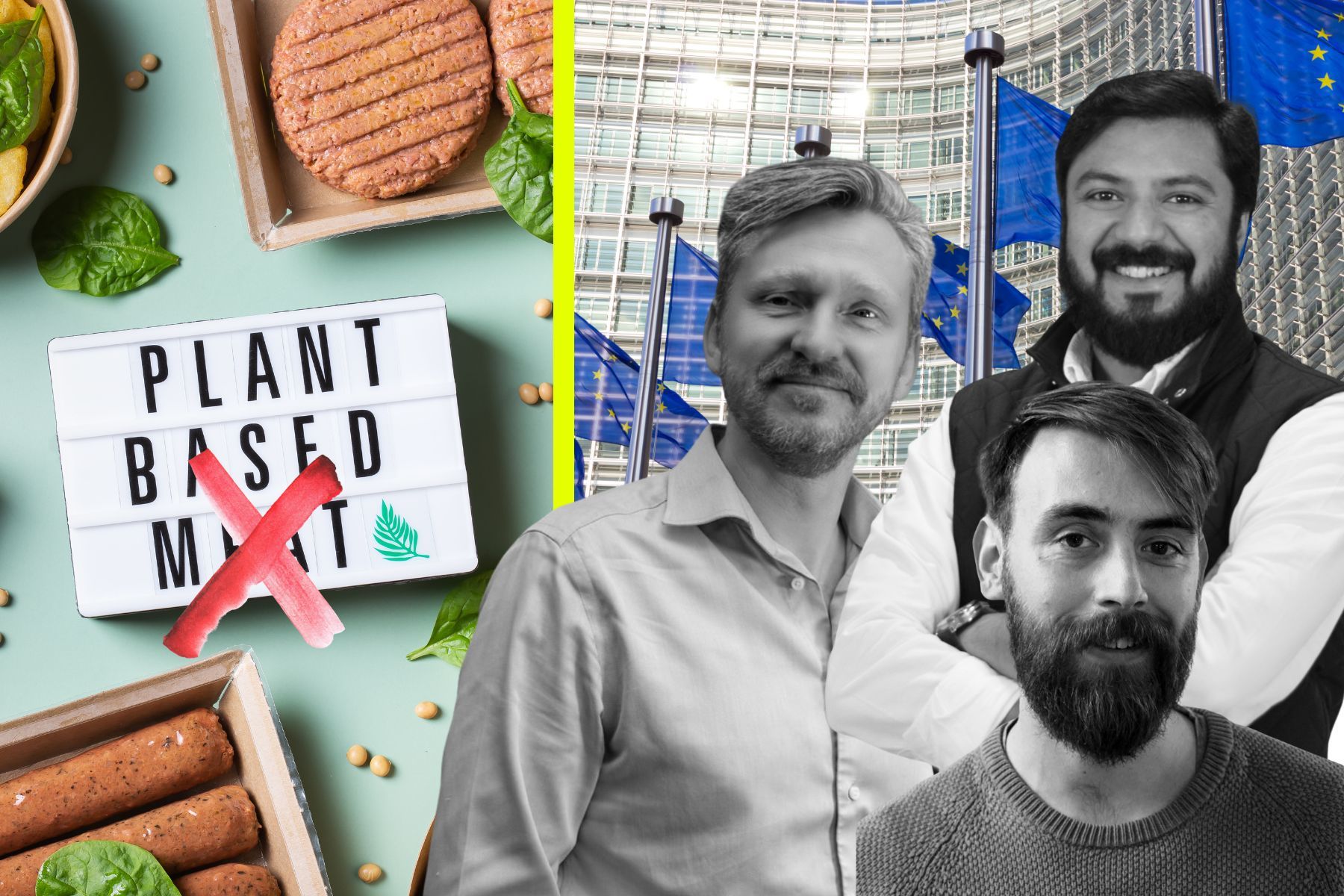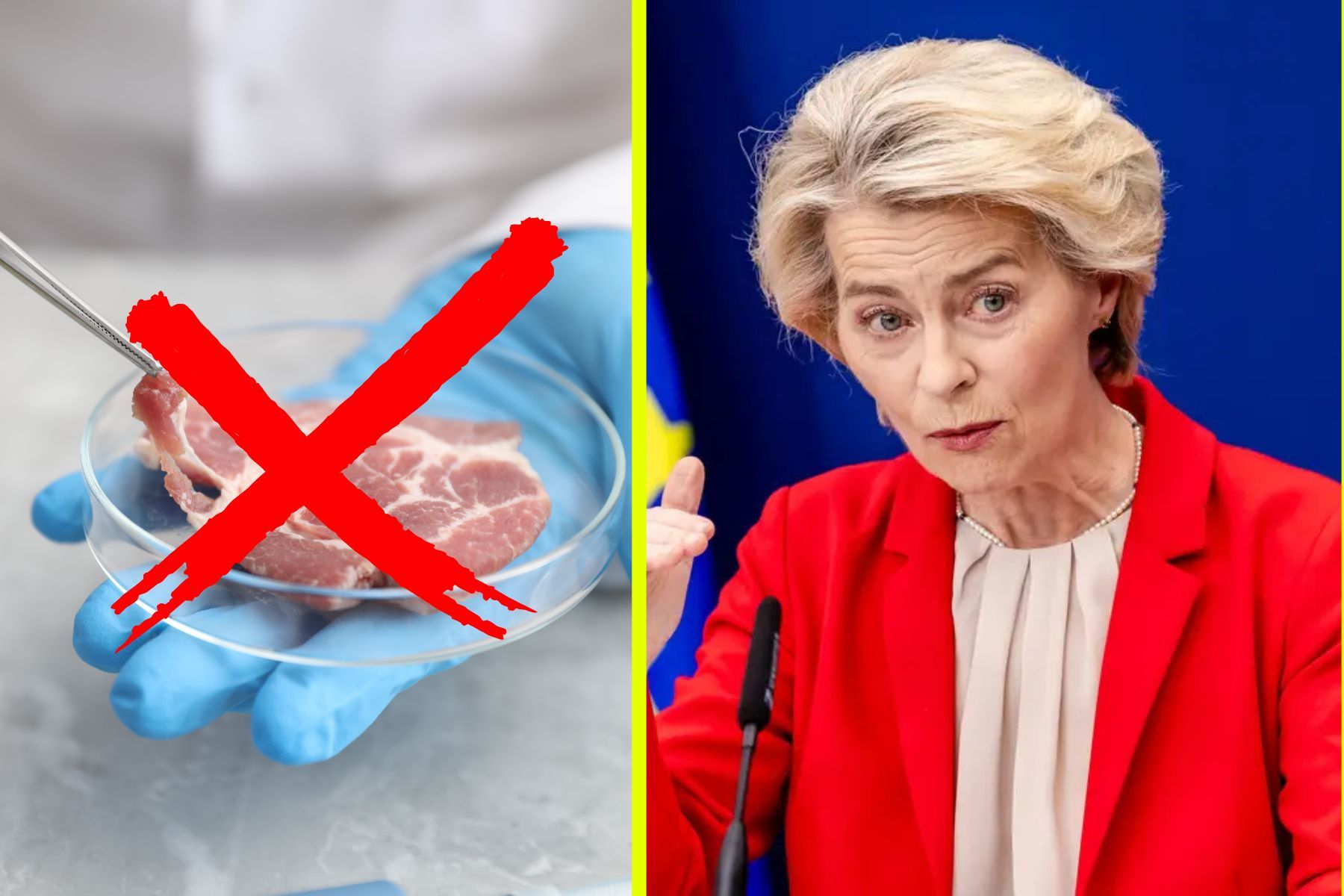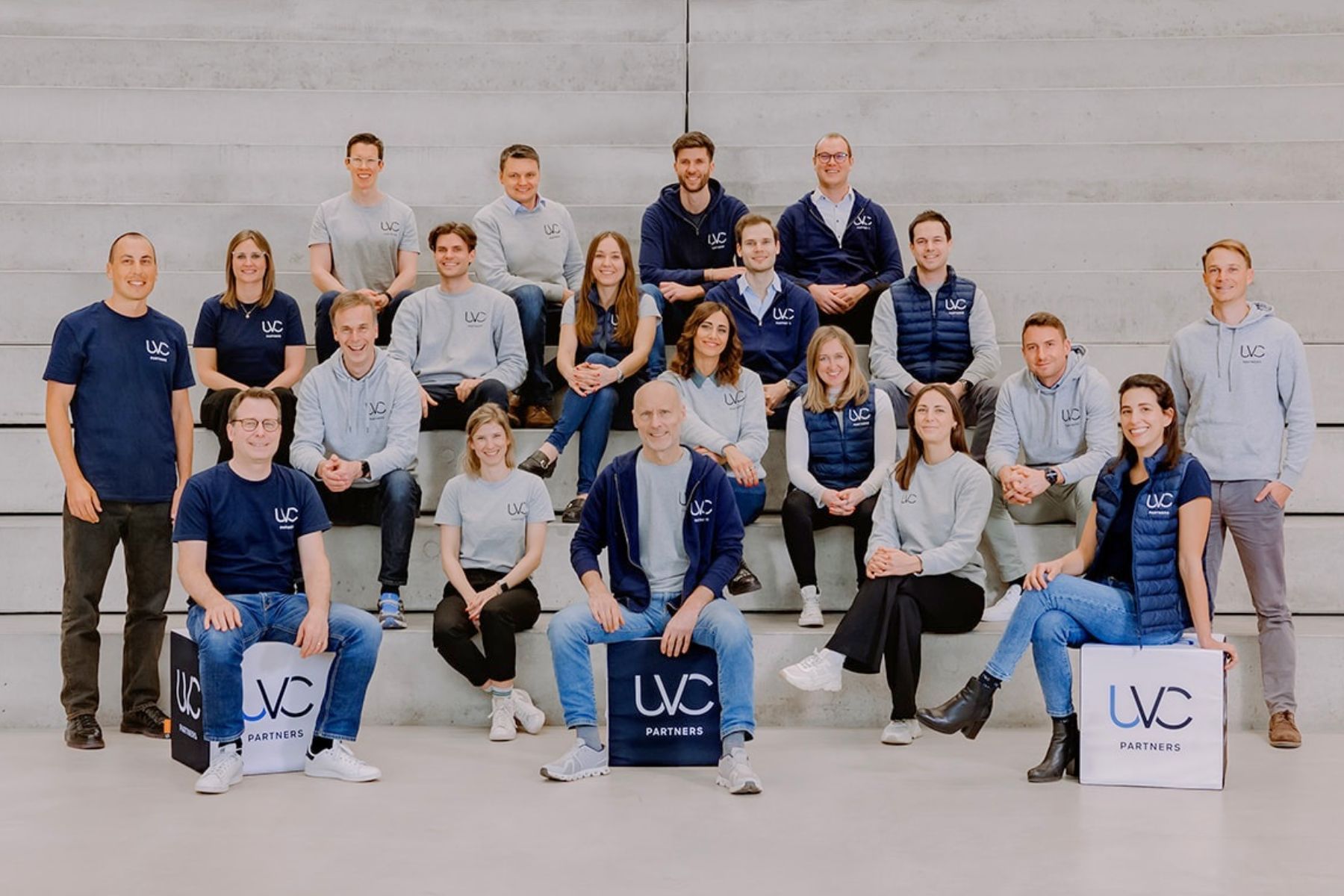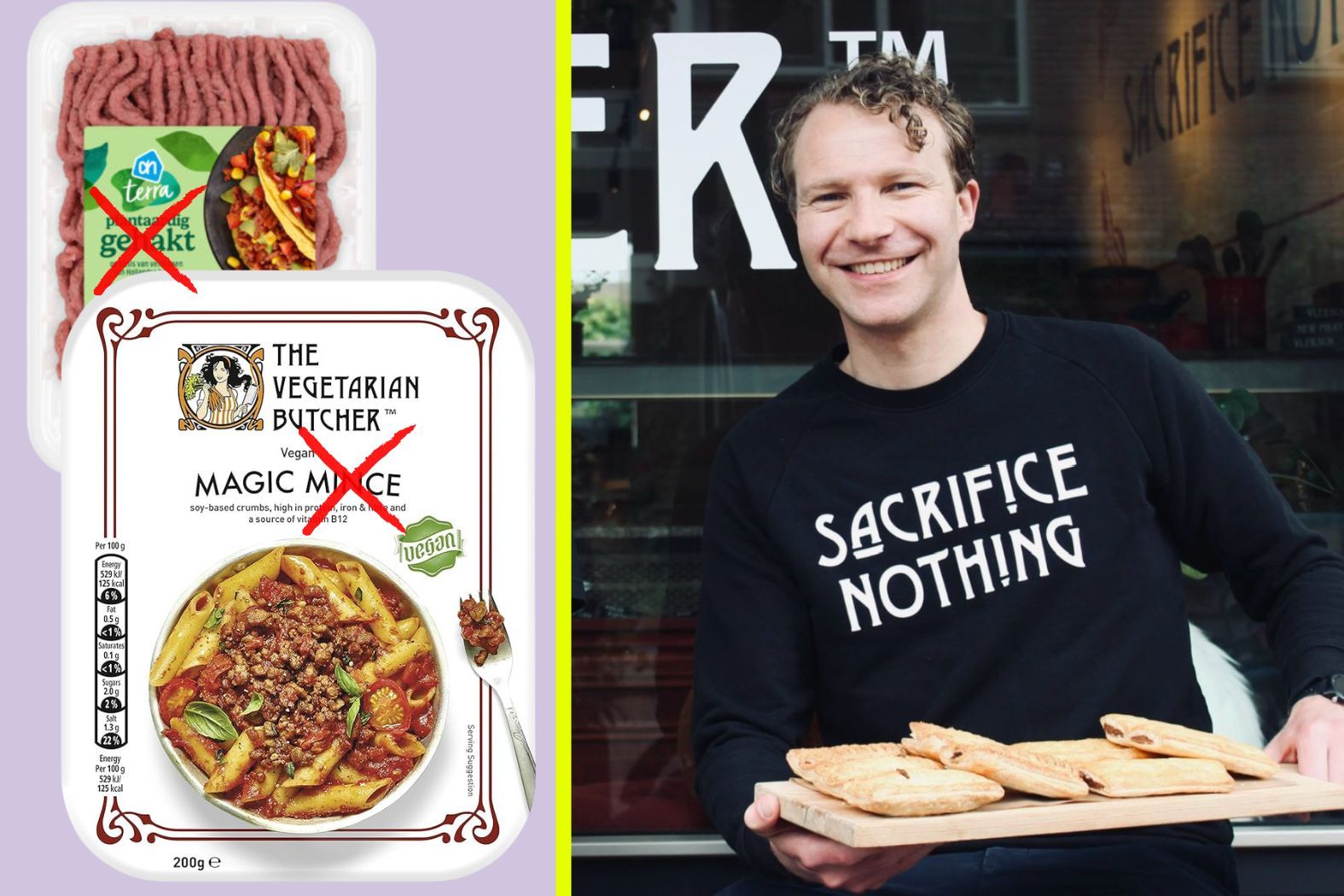Foodtech experts grill EU’s ‘pointless’ ban on labels like 'vegan bacon' ahead of landmark vote

Between debates on the war in Gaza and Russian drone strikes, EU officials in Brussels found time yesterday to tackle another pressing issue – whether “vegan bacon” should be allowed to be called bacon at all. <br><br>The proposal would outlaw 29 such 'meaty' words from plant-based labels, and today politicians will cast their votes. <br><br>“We should be worried,” Ramkumar Nair, founder of Swedish hybrid meat startup SMAQO, tells Impact Loop.<br>
.png)

The EU’s biggest push yet to censor words like "burger", "bacon", and "beef" has landed on the Brussels voting table. Lawmakers will decide today whether plant-based brands can keep using the language of meat.
If the ban goes ahead, plant-based food companies would be barred from using at least 29 of these 'meaty' words, even when it’s clearly stated that the product is vegan or vegetarian.
The European Commission proposal, put forward by French conservative MEP Céline Imart in July, argues that consumers might be misled or confused by names that evoke meat when the product contains no animal components.
Ramkumar Nair, founder of Swedish hybrid meat startup SMAQO, disagrees. “Consumers aren't confused, the labelling is already easy to understand,” he tells Impact Loop. "I've never heard of anyone buying a vegan burger by mistake."
'We're worried'
SMAQO creates hybrid products branded ‘meatballs’ and ‘burgers.’ They are made from a combination of mycoprotein, made from fermented fungi, and animal-based meat.
Nair says he’s worried that a ban on plant-based labels would spillover to the hybrid meat sector as well. “What would we call our products if we can't label them a ‘burger’? A half-mycoprotein, half-beef flat round thing?” he laughs.
Instead of creating "unnecessary" roadblocks for alt-protein companies, Nair calls on the EU to provide more support for foodtech companies – through increased funding and streamlined regulatory processes.
It’s a sentiment echoed by Kristoffer Sunér of the Greenfood Group, the parent company of Picadelli, a Swedish foodtech firm best known for its self-service salad bars.
“By putting unnecessary barriers in front of companies developing new ingredients, textures and flavours, we risk undermining the innovative drive of the entire food sector,” he tells Impact Loop via email.
Sunér says he sees the debate over plant-based meat labels as more of a political one than one driven by consumers or businesses. “Changing what we call products will not change how people eat,” he says.
‘Meat lobby pressure’
Supporters of the proposal – including lobby groups Farm Europe and Eat Europe – have praised the Commission’s move, calling it “a significant step toward greater fairness and transparency” in the EU’s agri-food sector.
The groups argue that safeguarding meat-related names is “an essential measure” to prevent consumer confusion and protect Europe’s livestock industry. But many in the foodtech sector repute the claims.
“The proposed EU ban on common sense ‘meaty’ words for plant-based products is a clear case of regulatory overreach driven by meat lobby pressure,” says Rob De Schutter, a representative from environmental NGO WePlanet.
In 2024, a joint investigation by Unearthed and Dutch outlet Follow the Money revealed that a livestock industry–funded lobbying campaign played a key role in shaping Europe’s growing political resistance to lab-grown meat.
WePlanet is one of the organisers behind the No Confusion campaign, which has gathered over 400 food organisations and 25,000 signatures to pressure Brussels to scrap the proposal.
An ongoing battle
Today’s vote is the latest in a five-year battle over ‘veggie burgers’ and other such labels. is heating up again.
After a failed 2020 bid to outlaw meat terms for plant-based foods, France led the charge with repeated national bans – most of which were struck down by courts. The European Court of Justice later ruled that blanket bans were largely unlawful But the European Commission has now reignited the issue once more.
“What confuses and frustrates consumers isn’t ‘meaty’ labels but politicians wasting time on pointless culture wars instead of enabling the protein transition Europe certainly needs,” De Schutter tells Impact Loop.
“We need to make meat a modest part of our diet, but plants, vegetables, fruit, and legumes become the center of our plate,” he says.
According to a landmark report published last week, the ideal diet for planetary and human health consists of just one burger-sized portion of animal-based meat per week.
We’ll update this article once the European Commission issues its final decision.
Pictured top: Kristoffer Sunér, head of sustainability at Greenfood Group; Ramkumar Nair, founder of SMAQO; and Rob De Schutter, representative of environmental NGO WePlanet.
Get full access to Europe's new platform for impact news
- Quality journalism, interviews, investor profiles and deep-dives
- Daily newsletter with top stories, latest funding rounds and roundup to keep you in the loop
Keep reading – get in the loop!
- Håll dig i loopen med vårt dagliga nyhetsbrev (gratis!)
- Full tillgång till daglig kvalitetsjournalistik med allt du behöver veta inom impact
- Affärsnätverk för entreprenörer och investerare med månatliga meetups
Fortsätt läsa – kom in i loopen!
- Håll dig i loopen med vårt dagliga nyhetsbrev (gratis)!
- Full tillgång till daglig kvalitetsjournalistik med allt du behöver veta inom impact
- Affärsnätverk för entreprenörer och investerare med månatliga meetups








